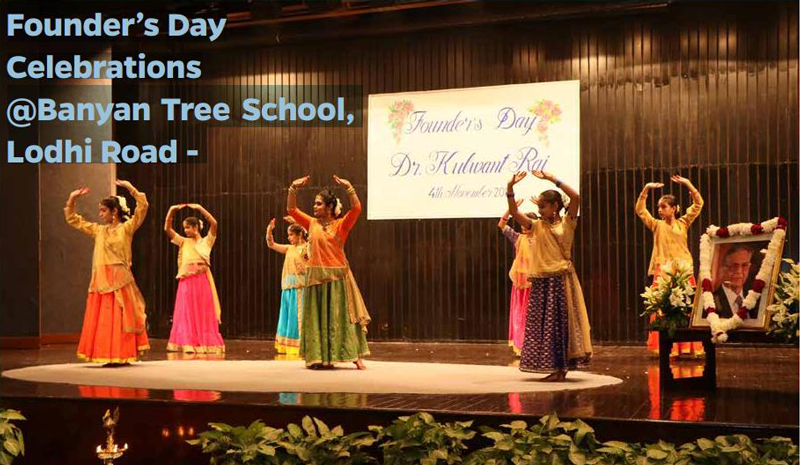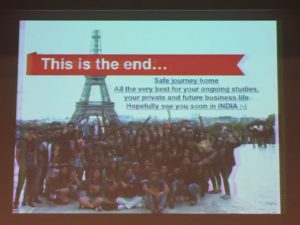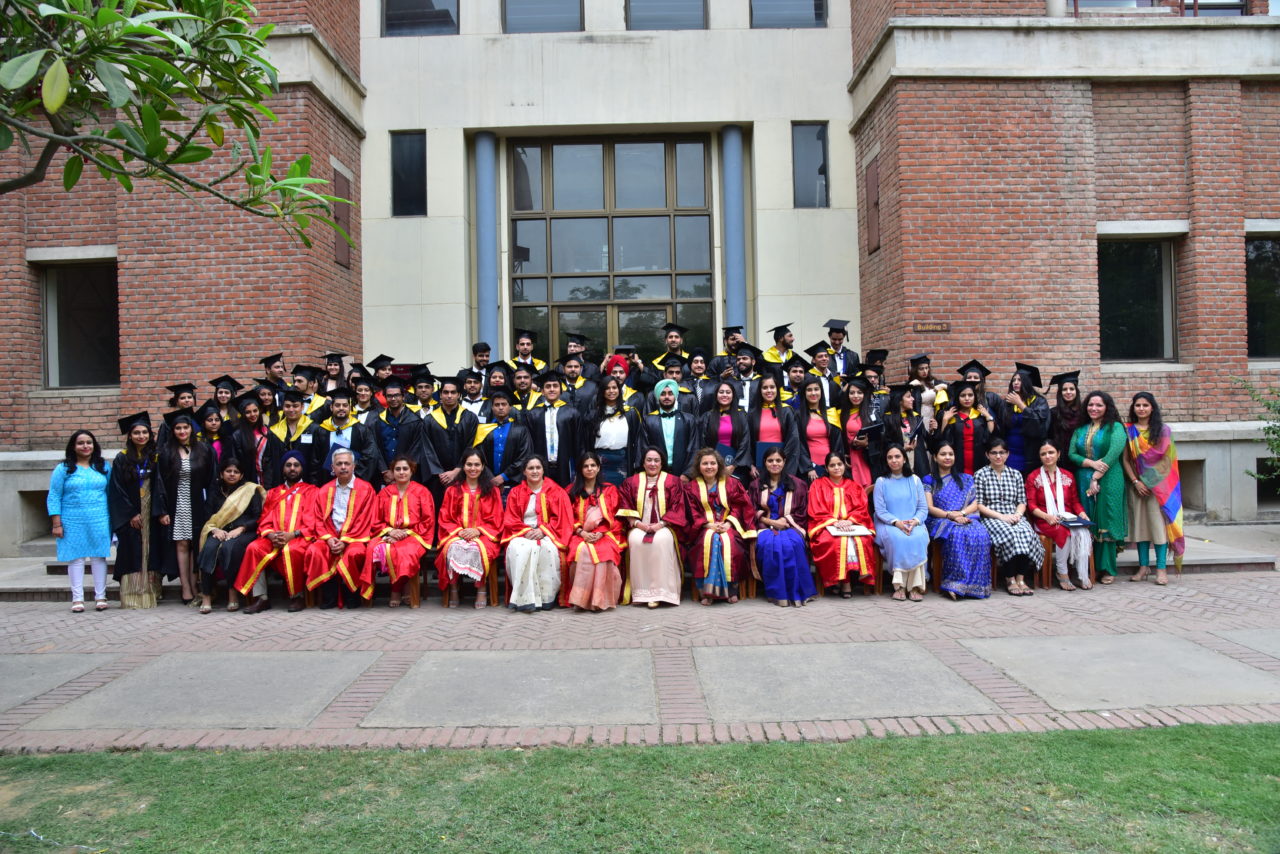Since 1980s, Dramatic changes in the global business environment have been driving a wave of Merger and Acquisition in the world. Although they are undertaken for good reasons, many fail to meet their objectives, in part because HR issues are generally poorly understood, under managed, and often discarded at the outset as irrelevant to strategic planning process. Plenty of attention is paid to the legal, financial and operational elements of Merger and Acquisition. In today’s economy, the management of the human side of change is the real key to maximizing the value of a deal which was neglected earlier. The uncertainty during Merger and Acquisition activity divert the focus of employees from productive work issues like job security, career path, working in new departments, working with the new teams, integration of corporate cultures, retention level of compensation, payroll benefits and reward strategy etc. As M&A activity continuous to step up globally, companies involved in these transactions have the increased involvement & responsibility of HR professionals. In implementing an M&A, most of managers focus on financials. But success depends on how you deal with people issues and cultural integration. It depends on the people who drive the business, their ability to execute, Creativity and innovation. It is of utmost importance to involve HR professionals in M&A discussion as it has an impact on key people issues. By doing so, they will achieve a much better outcome and increase the chance that the overall deal is a total success.
Many companies report that their mergers are successful but admit the end results aren’t as successful as they could have been. Recent studies place the success rate of merged companies at 30 to 60 percent, depending on what criteria you measure. No matter how flawless a deal seems on paper, the results are often disappointing. Most merged organizations lose 1 to 10 percent of their market value in the first year after the merger. There’s a lot to learn about managing the transition period, optimizing short-term performance, keeping the highest percent of talent, and integrating processes and systems. Companies that don’t address those issues may suffer a loss of profitability, top talent, and confidence in leadership decisions. Although a multitude of factors can contribute to a disappointing merger or acquisition, success depends ultimately on the effective use of people. A recent report from the Bureau of Business Research shows that organizational and cultural problems are more likely to derail a merger than are financial factors. Only 28 percent of companies said they did a good job of assessing the culture of their merging organizations before the deal, only 26 percent said they had put the right people in the right roles during the merger, and a scant 15 percent said they had successfully communicated the vision and goals after the union. Beginning at the start of the process, HR must orchestrate its role in due diligence.
Role of HR Identifying the role HR should play and the tasks in which HR should engage is a good start. However, successfully executing the role is something altogether difference. It’s essential to assess the valued human assets that never show up on a balance sheet, in order to determine the true value of the deal and its likelihood of success. Looking at just one key issue, leadership, it’s essential to evaluate the strengths and weaknesses of the players, individually and collectively, to ensure that the management talent required to define the future of the new company is there to steer the chosen course. The HR manager, on the other hand, has an opportunity to influence events so that each company comes out ahead — but, to do that, the HR manager must preserve their own position. Even at the highest level of the company, HR can have a role. The new leadership team will need to work together on a daily basis, despite cultural and personality differences, power issues, and other barriers. HR can act as a facilitator, and also as a coach to individual executives. Personal and team assessments can be helpful in enabling team members to work together constructively. Some questions to ask during this phase are: What are each organization’s key strengths, weaknesses, opportunities, and threats? What is each organization’s strategy? How will they be merged? Is there a communication strategy to keep employees and customers informed? Are the cultures for the two organizations compatible? Is there a plan for merging the cultures? Will one be dominant, and, if so, how will people operating under the other culture be brought on board? Identifying the role HR should play and the tasks in which HR should engage is a good start. However, successfully executing the role is something altogether different. In this light, HR as an internal consulting group during a merger or takeover, along with quality or process engineering teams deal with several issues. Some key issues in mergers follow:
Effective Communication by Being Upfront and Honest:
As people look inwards to try to find their place in the merged company and attempt to see their future in it – or outside it – productivity drops. The grapevine can become a major source of headaches. Constant, consistent, and honest communication from leaders and HR is essential. Communication must begin with the first announcement. Then it is fragmented with different messages and information flowing to investors, employees, managers, and customers. Messages to all stakeholders must be well planned and consistent. There can never be enough repetition. The message must be heard again and again to be fully understood. Two-way communication always helps comprehension. All avenues should be used: written, one-on-one meetings, and small- and large-group meetings. People need a chance to probe, discuss, ask questions, and arrive at a personal level of understanding that they can’t get from a piece of paper. The overriding question is, “How does this affect me?” Speed in communication goes along with speed in the total integration. The goal of communications should be not only to inform, but also to engage employees’ hearts and minds. By presenting a clear vision of the future and gaining commitment to it, the new company begins to build the loyalty that’s crucial to survival.
Growth and Development of Preliminary Organisation Design:
The role of HR is to identify key human assets in the target company, development of preliminary organizational designs and identification of the top three levels of management creating development plans for people to prepare them to achieve the anticipated corporate growth. Other issues needing attention to maximize the growth synergy are deployment of appropriate resources in the new company, development of total reward and recognition programs for the combines companies, team development, and integration of benefit and compensation programs–ensuring they are competitive to attract and retain desirable employees. When mergers are contemplated, synergy and value often depend on the effective transfer of knowledge. As knowledge becomes an increasingly important corporate asset, it’s critical to capture the best practices of each company for maximum return. It starts with the relatively easy task of identifying the people and processes needed to keep the business operating as usual. It moves to training on systems, specific job skills, and procedures. Ultimately, it involves capturing the tacit knowledge and informal networks that enable an organization to get things done.
Power and conflict:
It is essential to bring conflict out to the surface and deal with power issues honestly. If one group is obviously in charge, that should be admitted early on so people don’t waste time with second-guessing. Often, people get wrapped up in turf wars which are destructive to both sides, rather than trying to figure out roles for both sides and have a win-win situation.
Integration of Corporate Culture.
Organizational culture is an organization’s shared values, beliefs, and preferred ways to behave – is a key to success, and though many talk about it, few seem to have the skills to grapple with culture and work with both organizations to assure a good fit. Many organizations use a brief cultural fit survey to assist them during mergers. To understand the similarities and differences between the cultures of the two companies involved, we have to look at the history of each company, its reputation in the industry, and its products and services. Although those are fixed, other factors that influence how a company operates and how employees, customers, and other stakeholders interact are critical to the effective functioning of the newly formed organization. Even location can affect the fit. A West Coast group of techies may have great difficulty merging successfully with an old-guard southern firm or a staid New England operation. Another issue to consider is where authority lies and how decisions are made. Are the companies bureaucratic or freewheeling? Formal or informal? Finally, there’s the emotional element. How do employees feel about the company, management, and the future? How much job satisfaction do people feel? How open are they to the new strategy? Also it’s important to identify the norms, the value systems, and beliefs. Practices regarding casual dress, attitudes about long hours, and how offices are apportioned are deeply ingrained and must be dealt with. One can’t consider culture compatibility without touching on the different views that the acquirer and the acquired have about the new company.
Retaining key talent
There is no one way to retain people during a merger or acquisition. We can make offers to certain people and if they accept and want to stay, that’s fine, if they don’t, that may also be fine. But when we are talking about key people, the picture changes. Key people don’t always mean top executives. Executives may be key in some respects, but there may be other employees who are more important to the workings of the enterprise. If we lose them, we can end up spending a lot of money and still be unsuccessful. Whether they’re technology specialists, marketing people, or top management, we must make certain they’ll stay. The next question: How long do we need them? Some talent may be needed only during the transition period, after which their responsibilities can be handed off. Others may be needed for much longer. Each person must be considered, and a plan must be put together for that person. The kind of agreement that’s drawn up and how far it goes to keep key talent will differ from organization to organization. But it’s best not to give away too much or keep someone who will never adapt to the new structure, simply because he or she is talented or highly thought of. We may have to let people go as a trade-off against disruptive attitudes or constant conflict. The appropriate fit of any one person in the new culture can be as critical to success as talent. A fair and equitable bonus must be in plan to make the talents feel special, and stay for the longer period. By this talented people tend to welcome the challenges of a new role, and they enjoy career growth and added responsibility.
Conclusion:
Mergers and Acquisitions don’t follow a carefully laid-out linear progression. As much as we might desire a logical, well-ordered approach, when two groups combine, the process takes on a life of its own. Initial plans and assumptions have to be adjusted, and focus can be lost as critical and immediate problems rear their ugly heads. Executives are often pulled away to deal with the next business issue, reducing their visibility and giving the impression they’re no longer concerned about the merger. If the HR professionals can manage a degree of uncertainty in their responsibilities making the business direction clear, the chances of long-term success will be more.










